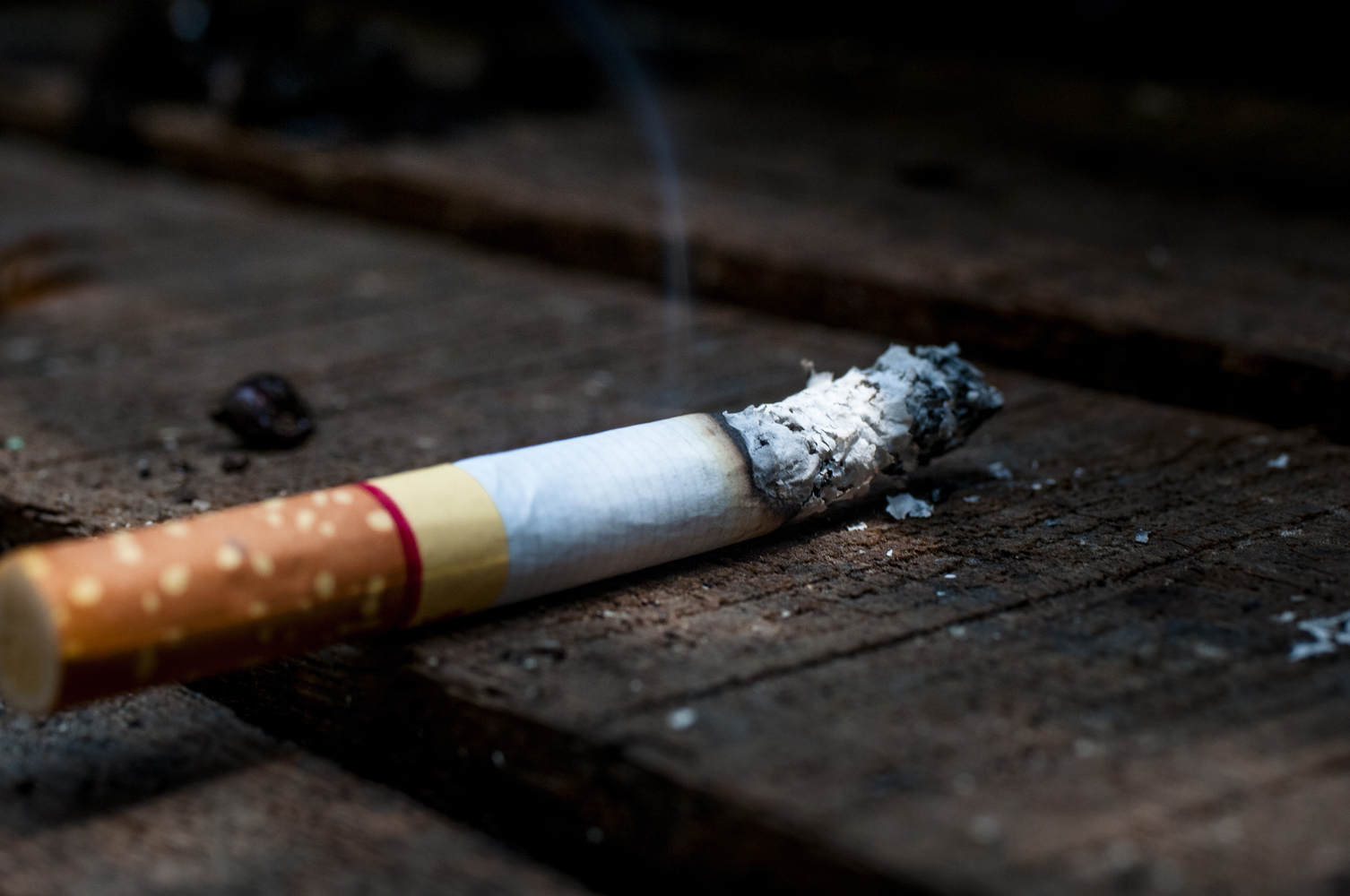
Worst Smells for Migraines
Migraines manifest as severe headaches characterized by intense throbbing pain on one or both sides of the head, often causing significant impairment. Individuals experiencing a severe migraine attack may struggle to carry out routine tasks. Symptoms include heightened sensitivity to light and nausea, while triggers for migraines encompass factors such as dehydration, fatigue, and specific odors. There are treatments that can help, such as ice caps or cool compresses, acupuncture or massage, magnesium supplements, and so on. However, the biggest step towards avoiding migraines is to identify personal triggers, like candles or other strong scents, which then empowers sufferers to take preventative measures:
1. Perfumes
Perfumes and aftershaves, designed to have strong scents, often contain numerous chemicals, some of which can be toxic. Migraine sufferers with hypersensitive noses may find these toxins irritating, leading to severe headaches. Choosing perfumes without harmful chemicals, such as Benzaldehyde, Cinnamyl alcohol, Farnesol, and Linalool, is crucial.
2. Food odors
Migraine-related hypersensitivity in smell persists between attacks. Strong-smelling foods, while unavoidable for sustenance, can act as triggers. Sharp-smelling vegetables like onions or pungent fish may be unpleasant for sufferers, necessitating a trial-and-error approach to identify specific food smells that provoke migraines.
3. Cigarette smoke
The phenomenon of Osmophobia, an oversensitivity to smells, can be exacerbated by acrid odors like cigarette smoke. Migraine sufferers, who typically have a smaller olfactory bulb, experience intensified reactions to offensive smells. Cigarette smoke, being harsh, can induce severe migraines.
4. Cleaning chemicals
Common triggers for migraines include the strong odors emitted by cleaning chemicals. These substances can irritate trigeminal nerve receptors in the nasal lining, contributing to severe migraines. Limiting exposure to cleaning chemicals and ensuring proper ventilation during their use is advisable.
5. Candles and air fresheners
While air fresheners and scented candles may have pleasant fragrances, the chemicals they release can trigger migraines. Toxins like formaldehyde, petroleum distillates, and aerosol propellants pose risks to migraine sufferers. Alternatives such as dried flowers, citrus peels, or essential oils provide natural and chemical-free options for creating a pleasant home fragrance.


